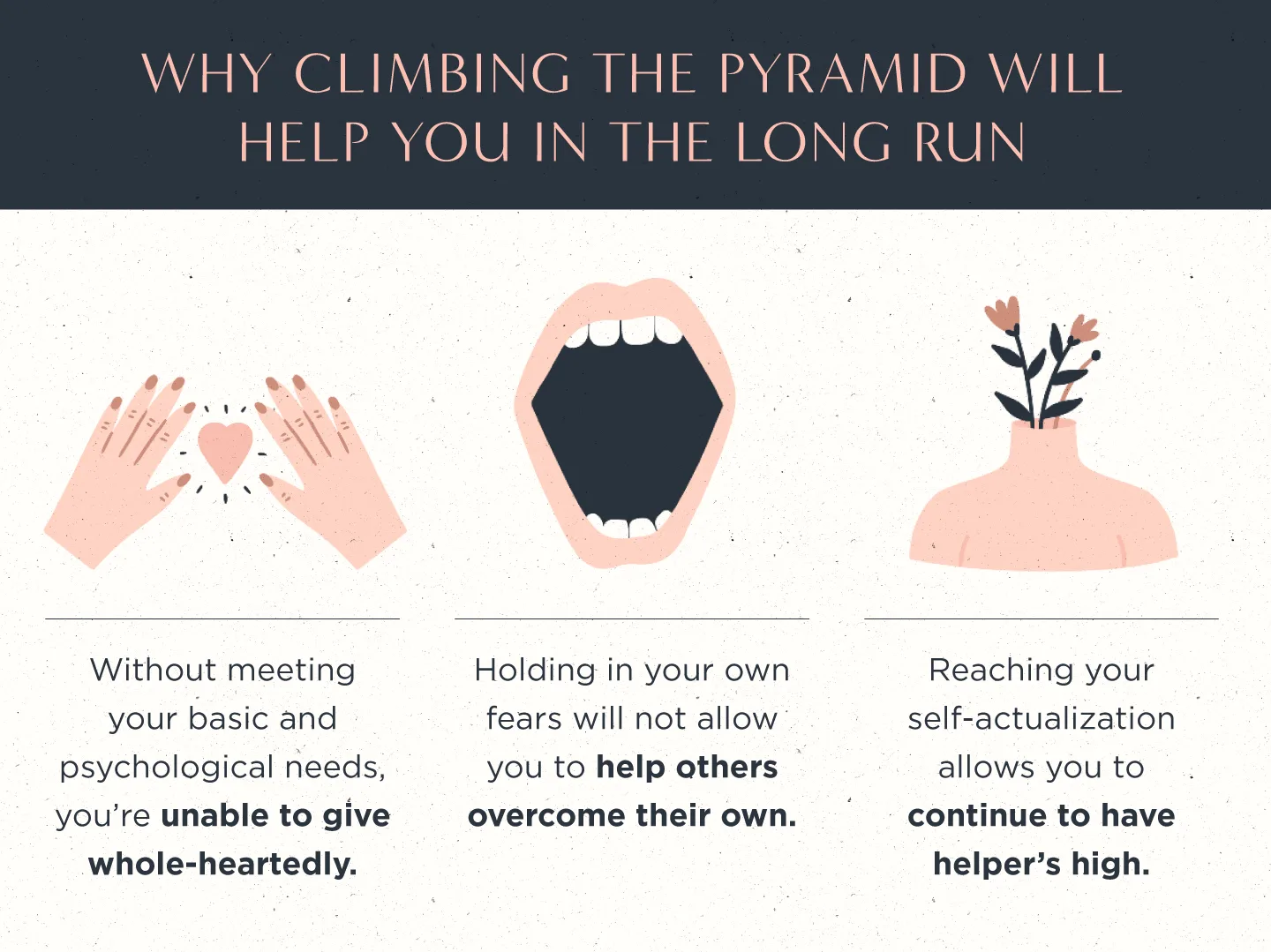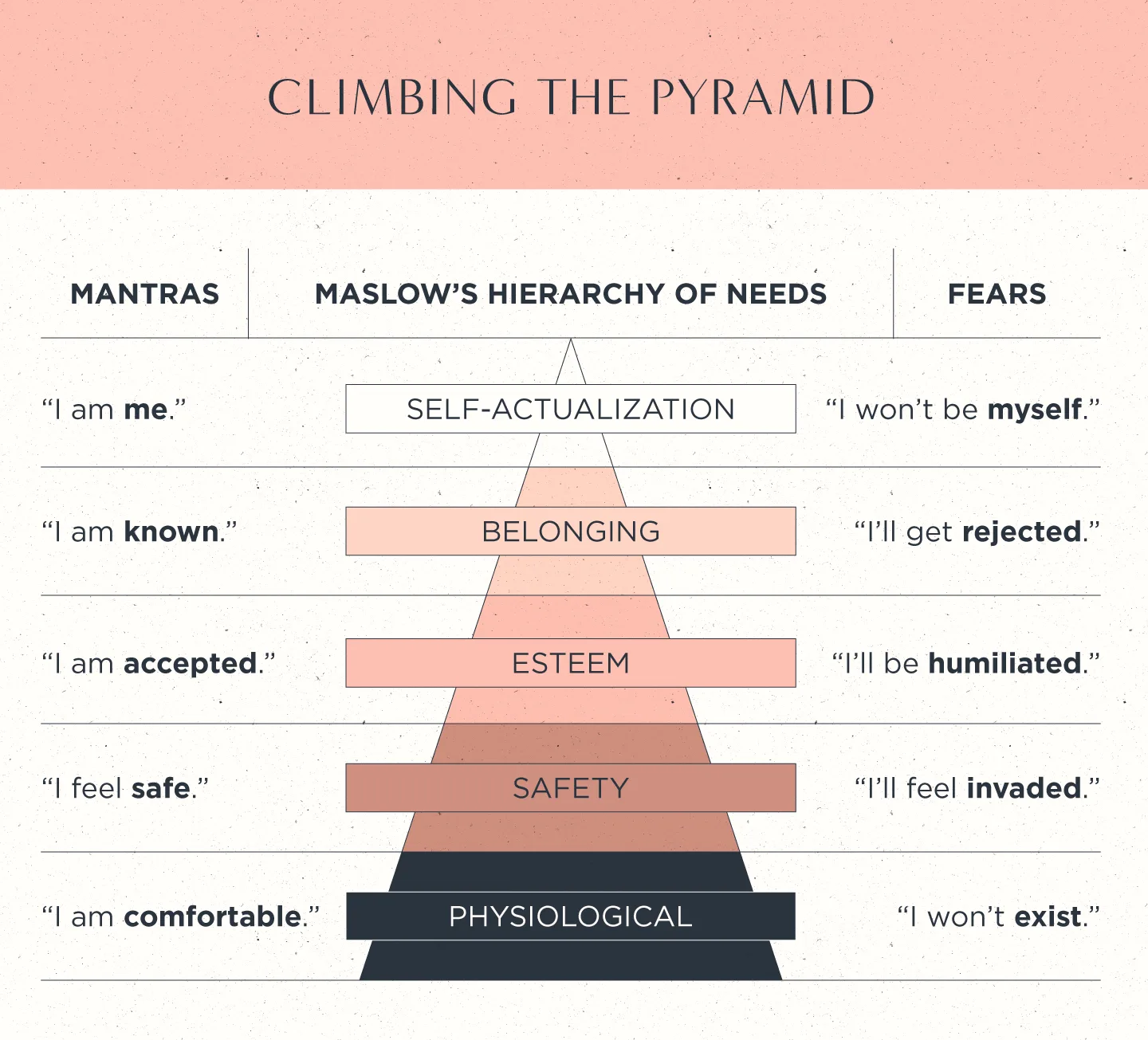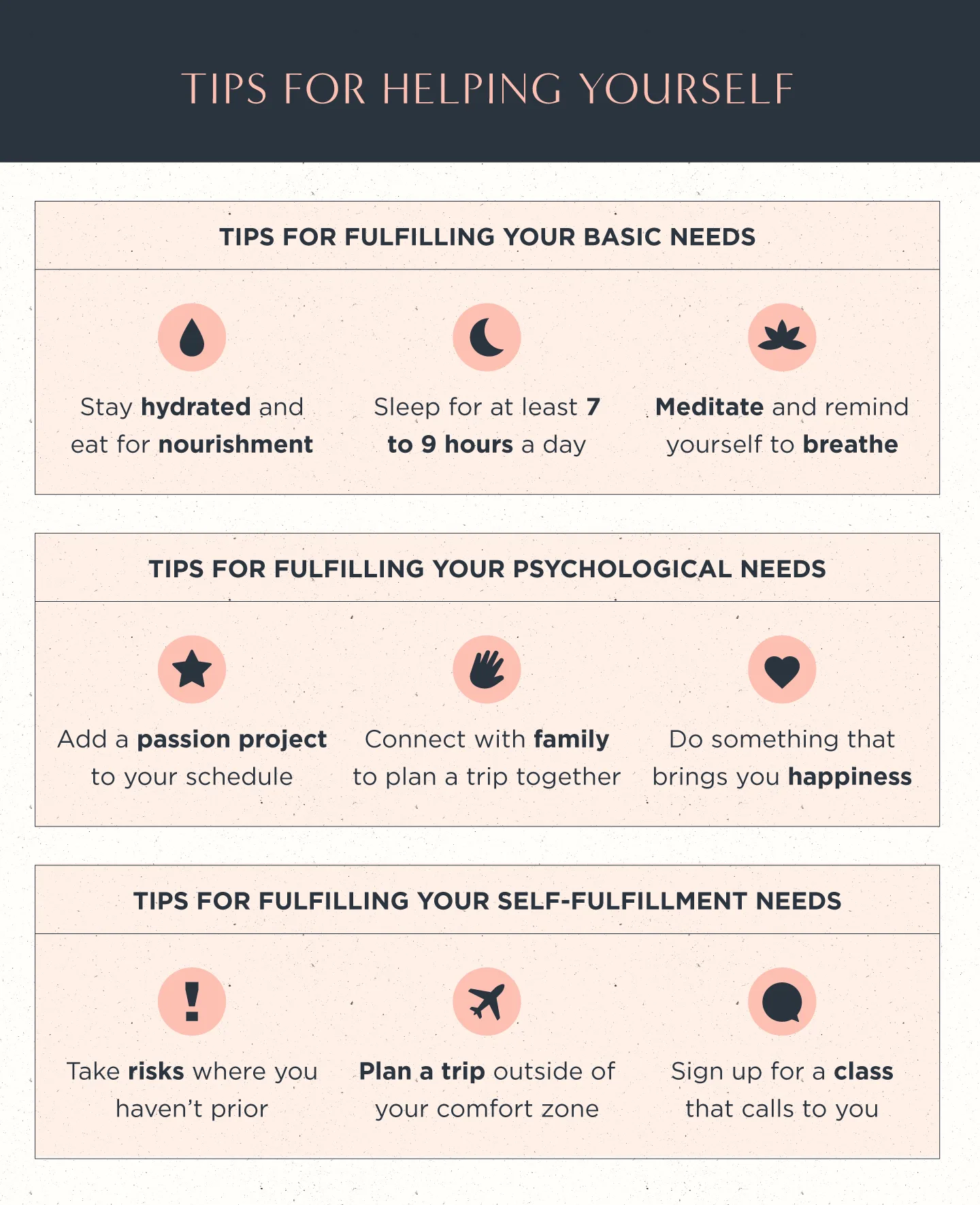May 06, 2020
How to Reach Your Helper’s High From Home
Due to current events, every act of kindness is powerful, and volunteering or using your talents to help others is the best way to get through this time of uncertainty. Studies show that helping other people can help you cope with anxiety and change, boosting your mood and overall improving your outlook on life. A study on volunteering during a crisis showed that eighty-nine percent of people felt happier overall thanks to their charitable efforts, and 78 percent reported that volunteering helped them better deal with disappointment and loss. Everyone has certain needs and giving back or finding ways to act with kindness not only benefits the receiver but the giver as well! But is there really a science to kindness and how long can these benefits last?
The Science of Kindness: How Helping Others Can Help You
Studies have linked random acts of kindness to releasing dopamine, a chemical messenger in the brain that can give us a feeling of euphoria. This feel-good brain chemical is credited with causing what’s known as a “helper’s high”. In addition to boosting oxytocin and dopamine, being kind can also increase serotonin, a neurotransmitter that helps regulate your mood. All of this being said, there is a window of time where givers feel their helper’s high but assumingly return to being down in the dumps shortly after. This can be due to internal fears or social needs that are not being met by the giver.
Have we lost you yet? Let’s break down the hierarchy of needs that a giver must meet in order to reach self-actualization and prolong their helper’s high. By using Maslow’s Hierarchy of Needs we can identify how to first help yourself so you are able to help others.
How to Climb the Pyramid
In order to climb Maslow’s pyramid, we first need to discuss the needs that are expected at each level. Notice that lower on the pyramid are basic needs whereas when you climb higher your motivations increase and shift to more meaningful needs around acceptance and belonging. We’ve broken down the pyramid below.
At the bottom of the pyramid are our basic needs like food, water, safety and security.
Psychological needs: food, water, warmth and rest.
Safety Needs: security and comfort.
Higher up on the pyramid are psychological needs including belongingness and love. These needs involve friendship as well as self-esteem and worth.
Belongingness and love needs: intimate relationships and friendships.
Esteem needs: prestige and feelings of accomplishment.
The tip of the pyramid is categorized as self-fulfillment needs also known as self-actualization and includes achieving one’s full potential and participating in creative activities.
Self-actualization: achieving one’s full potential.
Fulfilling Your Basic Needs
In order to fulfill your basic needs, you have to ask yourself if you have what you need to survive and feel safe. If these needs are not satisfied the human body cannot function optimally. Maslow considered physiological needs the most important as all the other needs become secondary until these needs are met. Are you warm, cared for, and getting the rest you need? This is an intense time in all of our lives and ignoring our basic needs is a recipe for creating unhealthy habits. Basic needs can also dovetail into how you experience order, predictability and control in your life.
Use the mantras, fears and needs below to identify if your basic needs are being met.
Mantra: “I Am Safe + Comfortable”
Fear: “I Won’t Exist”
Tips for fulfilling your basic needs:
Stay hydrated and eat for nourishment
Sleep for at least 7 to 9 hours a day
Meditate and remind yourself to breathe
Relinquish negativity of what you can’t control
Lean into family and values
Ask for help
Fulfilling Your Psychological Needs:
Psychological needs include your esteem and belonging needs. These focus on relationships, intimacy and feelings of accomplishment. If you feel isolated or lonely then you may not be meeting your psychological needs. In terms of feeling self-worth, Maslow indicated that the need for respect or reputation is most important for children and adolescents and precedes real self-esteem or dignity.
Examine the mantras, fears and needs below to identify if your psychological needs are being met.
Mantra: “I Am Accepted + Known”
Fears: “I’ll be Humiliated + Rejected”
Tips for fulfilling your psychological needs:
Add a passion project to your schedule each week
Connect with family and plan a trip or experience together
Do something each day that brings you happiness
Be kind to others and expect the same
Do something each day that you excel at
Create intimacy in your relationships
Fulfilling Your Self-Fulfillment Needs:
Self-fulfillment needs include reaching self-actualization and life purpose. Maslow refers to this need as a realization of a person’s potential, seeking personal growth and peak experiences. While many of our goals may be put on hold right now, that doesn’t mean we’ll never reach them. Find your own self-assurance by recalling everything you have done to get where you are and reminding yourself of past successes.
Utilize the mantras, fears and needs below to identify if your self-fulfillment needs are being met.
Mantra: “I Am Me”
Fear: “I Won’t Be Myself”
Tips for fulfilling your self-fulfillment needs:
Sign up for a class you’re interested in
Incorporate your interests into your work
Set actionable intentions for each day
Tackle a problem and don’t quit until you’ve come to a solution
Plan a trip outside of your comfort zone
Sign up for a workshop that calls to you
Impactful Acts of Kindness You Can Do From Home
Once you’ve identified what needs you are not fulfilling, turn to others for help. Reaching out to friends and asking for support is a great way to ensure you and your loved ones are taken care of. Once you have reached the top of the pyramid, now you are ready to give back to others. You will be surprised how much better you feel knowing that your own needs are met and that you get to wholeheartedly give to others.
Try the following activities you can do from home to make impactful acts of kindness.
Order a Delivery Meal For a Neighbor
Send Someone Flowers
Do a Chore For a Family Member
Leave an Encouraging Comment on Someone’s Facebook
Leave a Positive Yelp Review
Call a Coworker Out of the Blue
Mail a Letter to a Loved One
Host a Virtual Happy Hour
Donate to Charity
Sew Masks
Tip Generously
Send Someone on an Online Gift Card
Plant Some Flowers
Virtually Tutor Someone
Offer To Virtually Workout with Someone
Say Something Positive When You Could Be Negative
Bake Something Sweet + Deliver It To a Friend
Take Someone on a Virtual Date
Leave a Thank You Note for an Essential Employee
Online Grocery Shop for an At-Risk Person
Although times are tough, use this as a chance to work on yourself to ensure you are fulfilling all of your needs. Create healthy habits by checking in on yourself and cultivating your mental health, one need at a time.
For some extra ideas to show yourself some love and self-care, send yourself some flowers to add to your work home space or office. Brighten your space with one of our blooms or send them to a friend! Whatever you do feel the value of showing kindness to yourself and others!





